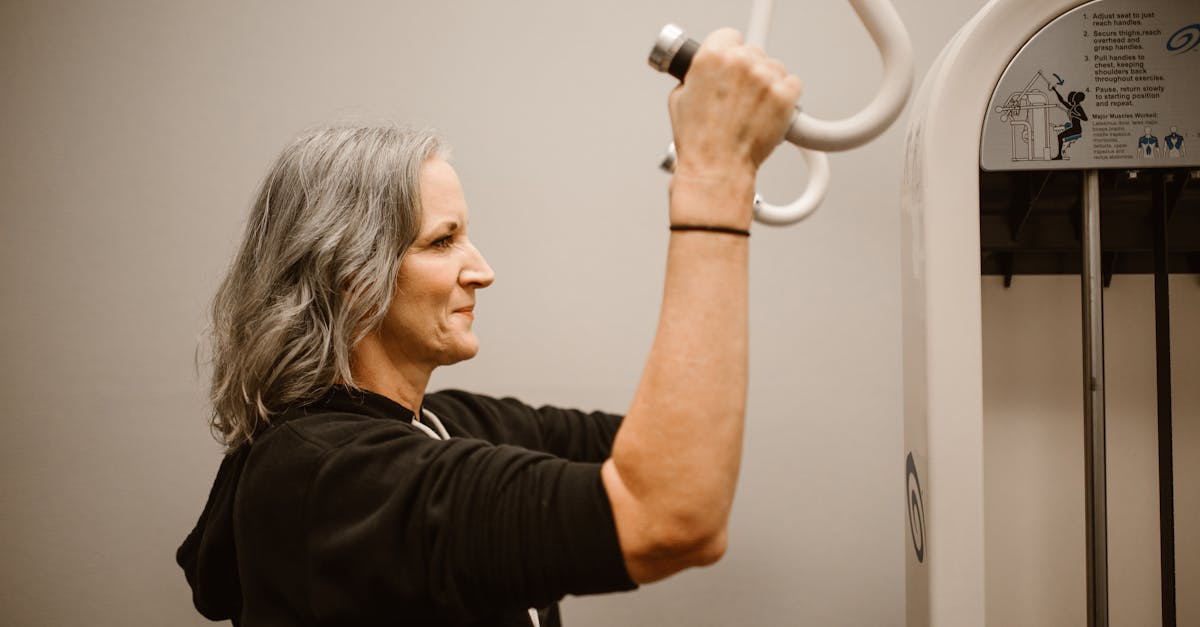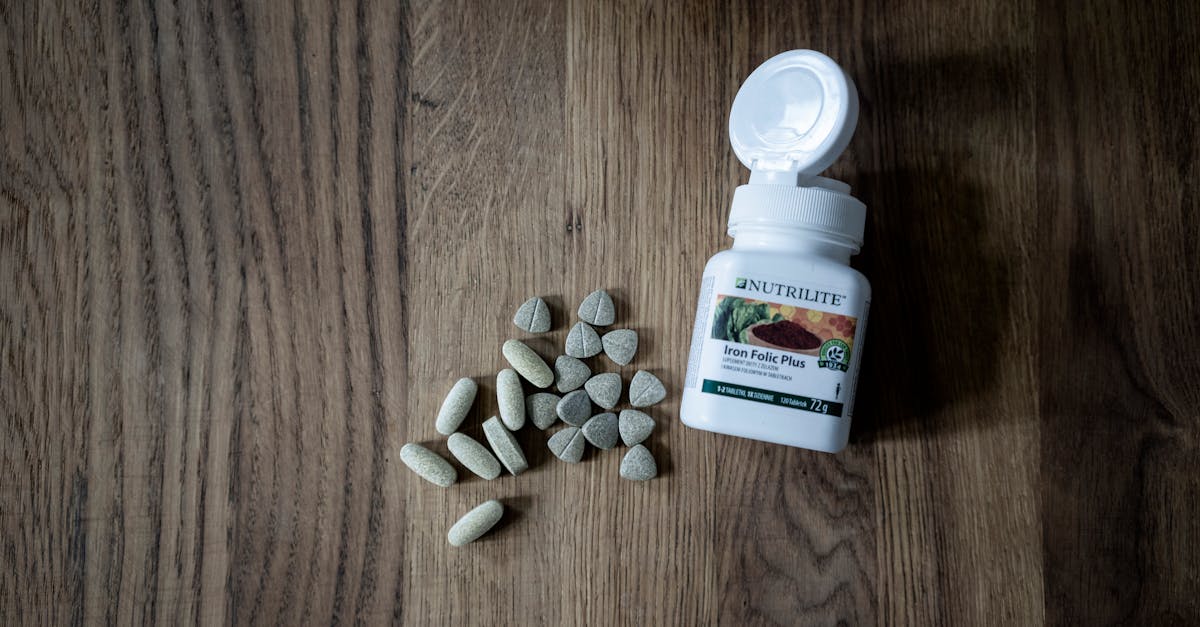Table of Contents
ToggleBecoming a parent is a wild ride, and the postpartum period can feel like a rollercoaster with no seatbelt. Between sleepless nights and diaper disasters, it’s easy to overlook the incredible strength that emerges during this time. Postpartum resilience isn’t just a buzzword; it’s the superpower that helps new parents navigate the chaos while still managing to smile (or at least chuckle) through the challenges.
Understanding Postpartum Resilience
Postpartum resilience reflects the ability of new parents to navigate the emotional and physical challenges that arise after childbirth. This quality plays a critical role in adjusting to parenthood, promoting mental well-being during a transformative time.
Definition and Importance
Postpartum resilience involves adapting to stress and overcoming adversity. It provides parents with the tools to handle sleep deprivation, hormonal changes, and new responsibilities. Understanding this concept helps parents recognize the importance of seeking support and developing coping strategies. Strong resilience leads to improved mental health outcomes, enhances parent-child bonding, and fosters a nurturing environment. Recognizing its significance encourages parents to cultivate resilience and embrace their parenting journey.
Factors Influencing Resilience
Multiple factors influence postpartum resilience. Support systems, such as family and friends, contribute significantly to a parent’s ability to cope. Access to mental health resources provides additional layers of stability, allowing for open discussions about challenges. Emotional responses, such as self-compassion and optimism, also play vital roles in resilience. Prioritizing personal well-being through activities like exercise and mindfulness strengthens these factors. Each of these influences shapes how parents experience and manage the postpartum period.
Psychological Aspects of Postpartum Resilience
Postpartum resilience encompasses various psychological factors influencing new parents’ experiences. Understanding these aspects helps enhance coping strategies and builds stronger support systems.
Coping Mechanisms
Coping mechanisms play a crucial role in managing postpartum stress. Effective strategies include practicing mindfulness, engaging in physical activity, and seeking therapy. Mindfulness techniques foster emotional regulation, helping parents stay present. Physical exercise boosts mood through the release of endorphins, while therapy offers a space to process emotions. Utilizing these mechanisms helps individuals face challenges with greater strength. Positive self-talk and journaling also contribute to maintaining a constructive mindset. Learning to recognize triggers enables parents to adapt their responses and lessen anxiety.
The Role of Support Systems
Support systems significantly impact postpartum resilience. Partner involvement, family engagement, and community resources provide essential emotional backing. Engaging partners in parenting responsibilities strengthens bonds and reduces individual stress. Family members can offer practical help, facilitating a smoother transition. Community resources, including support groups, create networks for shared experiences. Accessing these support systems allows new parents to express feelings and benefit from collective wisdom. A robust support network enhances resilience by promoting feelings of belonging and shared understanding. Emphasizing these connections fosters a nurturing environment, vital for both parents and children.
Physical Health and Postpartum Resilience
Physical health significantly influences postpartum resilience. Recovery after childbirth encompasses both physical and emotional dimensions, impacting overall well-being.
Impact of Physical Recovery
Physical recovery shapes the foundation for resilience in new parents. Healing from childbirth varies for each individual, with factors such as delivery method influencing recovery time. Vaginal births often involve less recovery time than cesarean sections, which may require weeks for complete healing. Movement and light exercise play a role in promoting physical health. Gentle activities, such as walking or stretching, enhance circulation and boost mood. Increased energy levels correlate with improved emotional well-being, helping parents navigate challenges effectively.
Nutrition and Wellness
Nutrition serves as a critical component of postpartum resilience. A balanced diet filled with whole foods supports recovery and mental health. Iron-rich foods, such as leafy greens and lean proteins, help restore energy levels, while omega-3 fatty acids from fish boost mood and cognitive function. Hydration contributes to overall wellness; drinking adequate water aids in recovery and lactation. Prioritizing meals prepares individuals to manage daily stressors efficiently. Engaging in mindful eating habits fosters a connection to nutritional choices, enhancing the overall wellness journey during this transformative period.
Strategies to Enhance Postpartum Resilience
Developing techniques for resilience enhances mental well-being during the postpartum period. Effective strategies include mindfulness practices and building supportive relationships.
Mindfulness and Stress Reduction Techniques
Incorporating mindfulness into daily routine helps new parents manage stress. Simple practices such as deep breathing, meditation, and yoga promote relaxation and emotional regulation. Silence during mindfulness sessions may deepen the experience, allowing for better emotional processing. Engaging in mindful movement, like walking in nature, encourages a connection with the body. Research indicates that these techniques can reduce anxiety and improve mood, fostering a greater sense of resilience.
Building a Support Network
Establishing a support network is crucial for enhancing postpartum resilience. Engaging with partners, family, and friends creates an essential sense of belonging. Joining parenting groups or online communities allows for shared experiences and advice. Regular communication with a support network strengthens emotional connections, providing space for vulnerability and understanding. Research demonstrates that strong social ties contribute to improved mental health outcomes during this transitional period.
Conclusion
Postpartum resilience is a powerful ally for new parents navigating the complexities of early parenthood. By embracing this strength, they can transform challenges into opportunities for growth and connection. The journey may be filled with ups and downs, but with the right support and strategies, parents can cultivate a nurturing environment for themselves and their children.
Fostering resilience through self-care, community support, and mindfulness practices not only enhances well-being but also enriches the parent-child bond. As they learn to adapt and thrive, new parents can find joy in the chaos and emerge from this transformative period with renewed strength and confidence.







